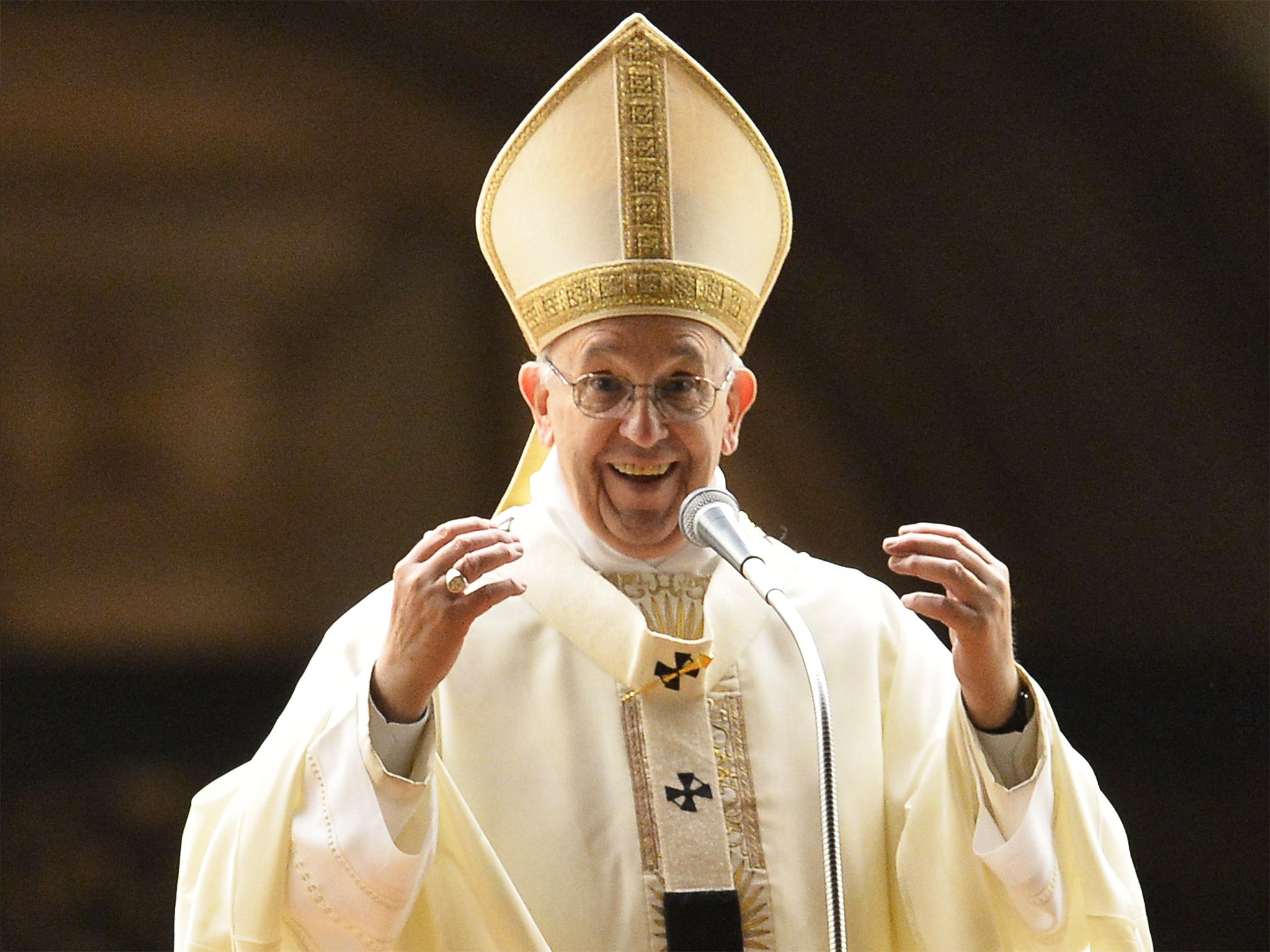Pope Francis's Passing: A Transformative Papacy Remembered
Table of Contents
- The Somber Announcement: When Pope Francis Died
- A Life Dedicated: The Biography of Pope Francis
- A Papacy Defined by Humility and Reform
- The Pontiff's Recent Health Struggles
- The Final Moments: Easter Monday, April 21, 2025
- Unveiling the Cause: The Vatican's Official Announcement
- The Immediate Aftermath and What Comes Next
- Pope Francis's Enduring Legacy
- Conclusion: A Shepherd's Farewell
The Somber Announcement: When Pope Francis Died
The news that Pope Francis died reached the world at 09:45 CEST (UTC+2) on April 21, 2025. Cardinal Kevin Farrell, the Camerlengo of the Holy Roman Church, delivered the solemn announcement in a broadcast by Vatican Media and a video statement. From the Casa Santa Marta, where the pontiff resided, Cardinal Farrell's voice conveyed deep sorrow as he declared, "Dearest brothers and sisters, with deep sorrow I must announce the death of our holy father Francis. At 7:35 this morning, the Bishop of Rome, Francis, returned to the house of the Father." This moment marked the official confirmation of a profound loss for the Catholic Church and indeed, for the global community. The precise timing of his passing was specified as 07:35 CEST (UTC+2) on Easter Monday, April 21, 2025, at Domus Sanctae Marthae in Vatican City. Pope Francis was 88 years old. The Vatican press office quickly followed up, providing initial details and preparing the faithful for the solemn rituals that would ensue. The quiet dignity of the announcement underscored the gravity of the moment, as the world paused to absorb the news that Pope Francis had died.A Life Dedicated: The Biography of Pope Francis
Before he became the beloved pontiff, Jorge Mario Bergoglio lived a life marked by intellectual pursuit, spiritual dedication, and a deep commitment to social justice. His journey from the bustling streets of Buenos Aires to the hallowed halls of the Vatican is a testament to his unique path to leadership.Early Life and Priesthood
Born Jorge Mario Bergoglio on December 17, 1936, in Buenos Aires, Argentina, he was one of five children to Italian immigrant parents. His father was a railway worker, and his mother was a homemaker. He initially trained as a chemical technician before discerning a call to the priesthood. In 1958, he entered the Society of Jesus (Jesuits) and was ordained a priest in 1969. His early years in the priesthood were spent teaching literature, psychology, and philosophy. He rose through the ranks of the Jesuit order, serving as provincial superior for Argentina from 1973 to 1979. His experiences during Argentina's "Dirty War" deeply shaped his understanding of suffering and the importance of pastoral care.From Cardinal to Pontiff
In 1998, he was appointed Archbishop of Buenos Aires, and in 2001, Pope John Paul II elevated him to cardinal. As a cardinal, he became known for his humility, choosing to live in a simple apartment rather than the archbishop's palace, taking public transport, and cooking his own meals. He was a vocal advocate for the poor and marginalized, and his theological approach emphasized pastoral care over rigid doctrine. Following the resignation of Pope Benedict XVI in 2013, Cardinal Bergoglio was elected as the 266th Pope on March 13, 2013, becoming the first Latin American pontiff and the first Jesuit pope. He chose the name Francis in honor of Saint Francis of Assisi, signaling his commitment to poverty, peace, and the care of creation. Here is a brief overview of his personal data: | Detail | Information Slavery is a form of forced labor in which people are treated as property. There are many different ways to become a slave, including being born into slavery, being captured in war, or being sold into slavery. Slavery has existed in many different cultures and societies throughout history, and it continues to exist in some parts of the world today. The conditions of slavery can vary widely depending on the time period and location. In some cases, slaves may be treated relatively well, while in others, they may be subjected to extreme brutality and exploitation. Slaves often have no rights or legal protections, and they may be bought, sold, or traded like any other commodity. Slavery has had a profound impact on human history, shaping economies, societies, and cultures around the world. It has been a source of immense suffering and injustice, and its legacy continues to affect many societies today. The abolition of slavery has been a long and difficult process, and it remains an ongoing struggle in some parts of the world.- Alexis And Martha Stewart
- Cheers Jay Thomas
- Steve Irwins Death Video
- John Travolta Homes
- Keely Shaye Smith Model Photos

Pope Francis - Wikipedia

So You're Going To Meet The Pope A Primer On The Pontiff : NPR

Pope Francis